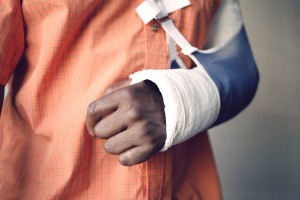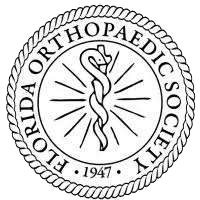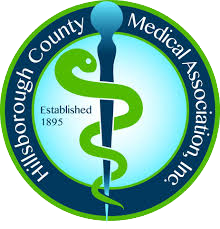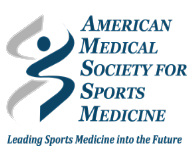
According to the American Academy of Orthopedic Surgeons, about half of all Americans experience at least one bone fracture before age 65. More research says that 15 million broken bones occur every year in the U.S. If you’re among this number and are undergoing treatment for a broken bone, you may be wondering—does a broken bone ever fully recover?
Thankfully, the answer to this question is usually “yes.” Bones have an astonishing ability to heal and regenerate new bone to fill in fractured areas. However, timely medical intervention is necessary to ensure a bone fracture can properly and fully heal.
Bone fractures fail to completely heal in around 10% of cases. This is known as a non-union or non-healing fracture. Typically, a non-healing fracture requires surgical treatment to correct if it occurs in a weight-bearing area, such as the shin. In many cases, these fractures occur in people who smoke or used to smoke.
How Do Bones Heal After Injury?
A complex process of healing immediately begins after a bone is broken. Here’s a brief summary of this process:
- Once a bone breaks, the body forms a protective blood clot (hematoma) around the area.
- Cells produce soft cartilage (callus) along the edges of the fracture.
- Thread-like bone cells begin to grow on either side of the fracture.
- The soft callus slowly becomes bonier and more durable.
- Mature bone starts to fill in the fracture in about three to four weeks after the injury.
It can take up to one year—sometimes longer—for a broken bone to fully heal depending on its location and the severity of the fracture.
Ways to Help Your Broken Bone Heal
The best way to ensure successful broken bone treatment is to promptly seek medical care after the injury and carefully follow your physician’s care guidelines. With that said, there are several steps you can take to help set yourself (and your bones!) up for success:
- Avoid smoking, vaping, or using any product containing nicotine.
- Make sure you get enough vitamin D by soaking up some sun, eating vitamin D-rich foods (such as salmon, tuna, and oranges), or taking a supplement.
- Limit your alcohol intake.
- Keep the injured area protected and immobilized.
Broken Bone Treatment at Tampa Orthopaedic & Sports Medicine Group
Specialized bone fracture treatment is available at Tampa Orthopaedic & Sports Medicine Group—a division of Florida Medical Clinic and the longest-operating orthopedic practice in the Tampa area. Our patients have access to a full scope of broken bone treatment—from diagnostics to splinting, casting, closed reductions, and orthopedic surgery (when clinically appropriate).
To consult with a board-certified specialist at Tampa Orthopaedic & Sports Medicine Group regarding treatment for a broken bone or another musculoskeletal issue, request an appointment on our website or give us a call at (813) 253-2406. We are in-network with many health insurances, including workers’ compensation and Medicare.












